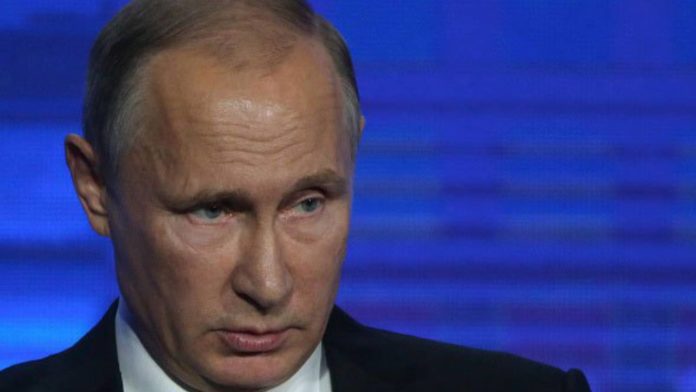As Moscow attempts to re-establish old Soviet ties and buy influence in the continent, it is presenting itself as the alternative to old self-interested colonial powers. Some of the reasons for Russia’s interest in the continent include the threat of its diplomatic isolation from Europe and the US over Moscow’s policies in Syria and prior to this the situation in Ukraine, leaving the Kremlin with no alternative but to seek new allies. As competition for resources, political influence and access to markets continue to increase, Russia began to look outside established power centres.
Africa has historically been a prominent field of influence for the United States and then the
Soviet Union (USSR). Since the collapse of the USSR in 1991, Russia has been trying to establish its place by setting formative policies to reassert itself on the world stage as a major international power. Bilateral relations between the USSR and African nations were frozen at the end of the Soviet period. However Russian President Vladimir Putin seems to have new aspirations in Africa to restore his country to strong power status, spurred on by concerns that China, India, Brazil, and especially the United States are intensifying their involvement in Africa.
The past relations and partnerships between African countries and Russia put an emphasis on political ideology, but now, this has shifted. Today, Moscow wants to deepen its understanding of the business climate and explore trade and partnership opportunities in the African continent. An increasing number of bilateral events have recently been planned, in which foreign relations will culminate in the first Russia-Africa summit of more than 50 African leaders hosted by Russia in October 2019 in Sochi. Russia is returning to Africa and using all of its instruments of power, including diplomacy, energy investments, and military support to accumulate influence.
Shortage of minerals such as manganese, chrome, mercury, bauxite and chromium in Russia’s industry markets mean that Russia is willing to develop its commercial-economic relations with the continent.
Moreover, Russia’s focus in Africa is centred on energy, holding key investments in the oil, gas and nuclear power sector. State-run Russian companies such as Gazprom, Lukoil, Renova, the aluminium company Rusal and the state diamond mining company Alrosa, operate in several areas and domains on the continent by securing their power in industrial African markets. In the first half of 2018, the trade turnover amounted to approximately $10.5 billion, and the accumulated Russian investment in Africa from 2003 to 2017 amounted to $17 billion.
Furthermore, an essential component of Russia-Africa relations is the domain of the militarytechnical sector. Russia often uses development and military assistance to encourage African leaders to grant Russian companies easy access to their energy and mining sectors. Arms sales relations established in the Soviet Union years have always been a priority in order to purchase military equipment and weapons.
Angola and Mozambique are actively cooperating with Russia in this field. Lavrov announced plans to establish a ‘logistics centre’ at a port in Eritrea. The question for African foreign policymakers now is how to play it cleverly from a position of relative strength and leverage. With keen interest from not only China, US, Japan, and now Russia, the countries have the potential to take advantage and use the new ties to make the economic gains they so desperately need. However, increasing economic influence by many foreign players in Africa can lead to potential clashes and escalating competition between Russia, China and Western countries.
For now, Russia wants to support Africa to take it away from US and EU influence and use it as the pivot of Russia’s future development as a global, economic and strategic power. However, its main goal is to decide what unique offer it can make, that hasn’t already been made by Chinese investment or Western ‘aid’.
CENTER FOR AFRICAN STUDIES
Center for Africa Studies (AFRAM) which located in Ankara, is an organization facilitating under the administration of African Affairs Council (AFAC). It makes various researches about Africa to enhance economic and cultural bounds between Africa and Turkey. AFRAM’s publishings has been shared with different institutions as they require to obtain.
AFRICA OBSERVATORY
Africa Observatory is one the publishing of AFRAM and it has been published each two weeks. It has been delivered to different institutions via e-mail.






